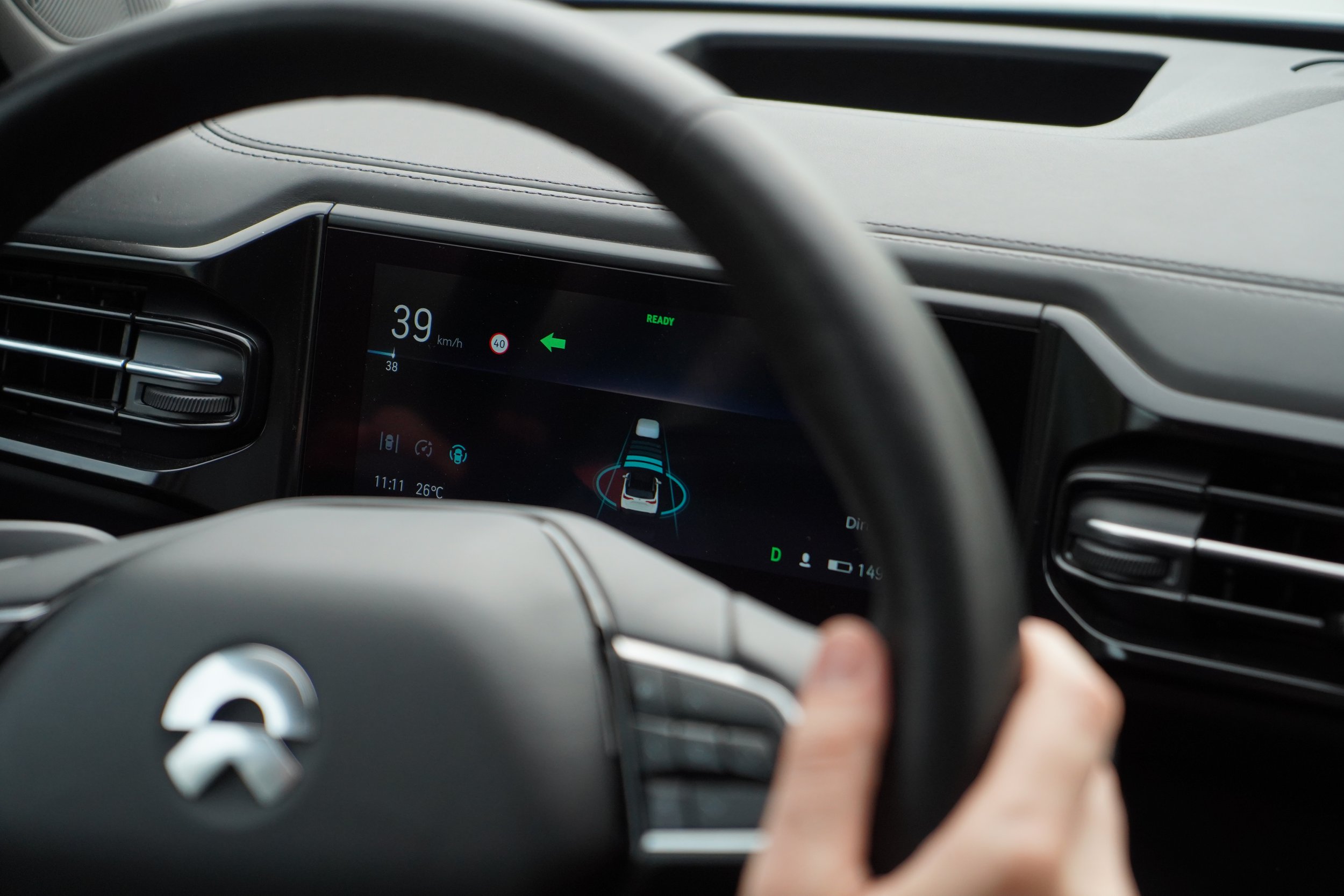If you can’t see the YouTube player above, try watching here.
Chinese media have called this year’s Apple product launch event the “softest” one yet. Unlike Apple’s previous hardware-focused launch events, 2019 was all about the services—Apple News+, Apple Arcade, Apple TV and Apple Card. The company is pivoting away from hardware and toward content-based services.
This strategy, however, may ignore the desires of Chinese consumers, who may not have access to these new services.
Only a portion of Apple software products are available in China—iTunes Movies, iBooks Store and Apple News are all blocked on the mainland. After Apple’s March launch event, netizens joked that they looked forward to trying Apple’s new “404 not found” services.
In Shanghai, a consumer said he was not interested in Apple’s new services. “These services are already common in China,” he said. Within the Chinese firewall, citizens have become accustomed to homegrown services—social media platforms like WeChat and Weibo, mobile payments like Alipay and WeChay and a slew of video platforms—many of which they deem superior to Apple’s.
Alipay and WeChat Pay dominate China’s e-payment, and Apple Pay has only a 16% market share.
A worker from Shanghai’s financial area surnamed Qian said, “I think if Apple wants to launch its credit card, it will be difficult for them to expand in the Chinese market.”
Apple does, however, still have loyal fans eager to try hardware the company released a week before the event: the updated iPad mini and iPad Air as well as the new AirPods. A sales representative in a Shanghai Apple store told TechNode there was still a waiting list to purchase the new iPad mini.
While some Chinese citizens still say Apple is their ideal phone, others are ready to switch to Chinese phone brands like Huawei and Xiaomi.
One Shanghai resident surnamed Zhou said, “Overall, mobile phones are just tools… I think domestic phones have reached this level of quality through nonstop hard work. I’m not necessarily saying people who buy Apple products are worshiping foreign things, but it’s a good thing to buy products from your own country.”

